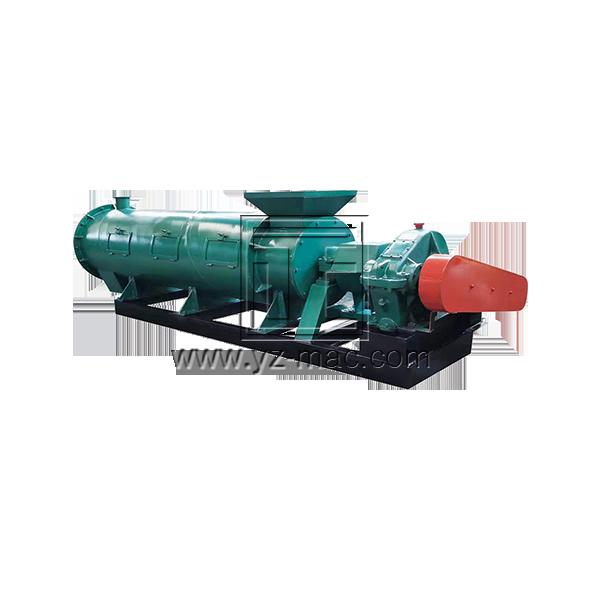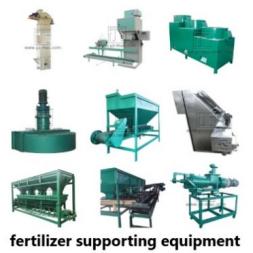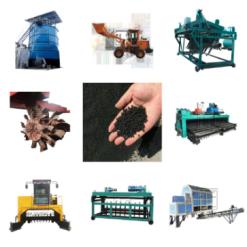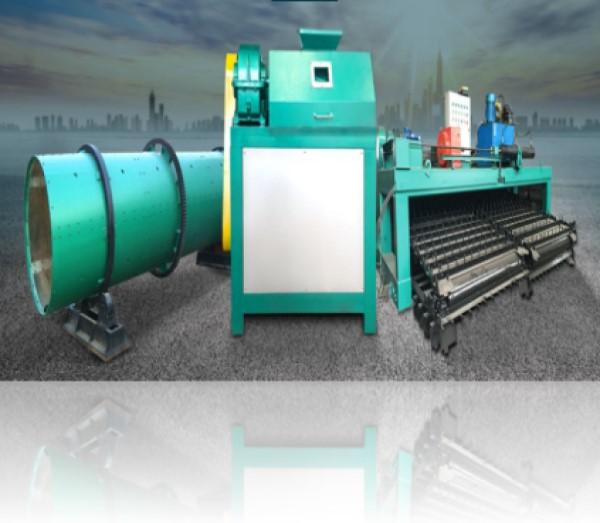Composting systems
Composting systems are efficient and sustainable methods of converting organic waste into nutrient-rich compost. They play a crucial role in waste management, soil improvement, and sustainable agriculture.
Windrow Composting:
Windrow composting involves creating long, narrow piles or rows of organic waste materials. This method is commonly used in larger-scale operations, such as farms, municipalities, and composting facilities. The windrows are periodically turned to provide aeration and promote decomposition. Windrow composting systems require sufficient space and the ability to turn the compost manually or using specialized equipment. They are effective in handling large volumes of organic waste, including agricultural residues, yard waste, and manure.
In-Vessel Composting:
In-vessel composting systems involve the use of enclosed containers or structures to contain and manage the composting process. These systems offer greater control over temperature, moisture, and airflow, allowing for faster decomposition and odor control. In-vessel composting systems can range from small-scale systems suitable for community composting to large-scale systems used in commercial operations. They are ideal for processing food waste, organic waste from restaurants and food processing facilities, and other organic materials that require faster composting and containment.
Aerated Static Pile Composting:
Aerated static pile composting is a variation of windrow composting that involves adding forced aeration to the compost piles. This method utilizes perforated pipes or blowers to supply oxygen to the composting materials, enhancing microbial activity and speeding up the decomposition process. Aerated static pile composting systems are effective for large-scale composting operations and can handle diverse organic waste streams, including agricultural waste, food waste, and yard waste.
In-Vessel Vermicomposting:
In-vessel vermicomposting systems combine the benefits of in-vessel composting with the use of worms (typically red worms or earthworms) to accelerate the decomposition process. These systems utilize controlled environments, such as containers or tanks, to create optimal conditions for both composting and vermicomposting. The worms help break down organic materials more efficiently, resulting in high-quality vermicompost. In-vessel vermicomposting systems are suitable for processing food waste, organic residues, and other biodegradable materials, especially in urban settings.
Applications of Composting Systems:
Soil Amendment and Fertilizer Production:
Compost produced from various composting systems is widely used as a soil amendment and organic fertilizer. It improves soil structure, enhances water retention, provides essential nutrients, and promotes beneficial microbial activity. Compost helps restore degraded soils, enrich gardens, support agricultural production, and reduce reliance on synthetic fertilizers.
Waste Management and Diversion:
Composting systems play a vital role in waste management by diverting organic waste from landfills. Instead of being buried in landfills, organic waste is converted into valuable compost, reducing greenhouse gas emissions and landfill space usage. Composting systems contribute to sustainable waste management practices, supporting circular economy principles.
Landscaping and Horticulture:
Compost produced from composting systems is used in landscaping projects, including the establishment of lawns, gardens, and ornamental plantings. It improves soil fertility, enhances plant growth, and provides a natural alternative to chemical fertilizers. Compost is also used in nurseries, potting mixes, and soil blends for container gardening.
Agriculture and Crop Production:
Compost is a valuable resource for agricultural practices and crop production. It enriches soil health, improves nutrient availability, enhances moisture retention, and supports sustainable farming systems. Composting systems enable the processing of agricultural residues, animal manure, and other organic materials to create nutrient-rich compost for application in fields and crop production.







